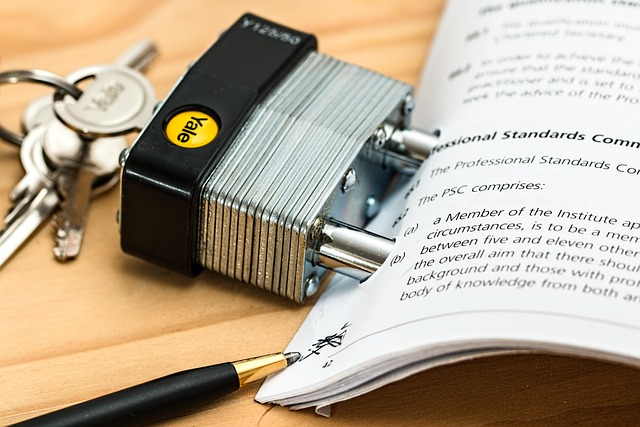Oregon's pretrial system prioritizes fairness and equity through structured processes. It guides bail decisions based on public safety, crime severity, and individual factors while ensuring accused individuals' rights, including legal representation and a fair hearing. This system aims to balance community protection with respect for the presumption of innocence.
In Oregon, the pretrial system plays a pivotal role in ensuring fairness and accountability. This article delves into the intricacies of Oregon’s bail and release process, offering a comprehensive overview for those unfamiliar with its mechanics. From understanding the state’s pretrial system to exploring factors influencing bail decisions, it guides accused individuals through their rights and responsibilities. By examining these key aspects, readers gain valuable insights into navigating Oregon’s judicial landscape.
- Oregon's Pretrial System: An Overview
- Understanding Bail and Release Process
- Factors Affecting Bail Decisions in Oregon
- Rights of Accused Individuals During Pretrial Detention
Oregon's Pretrial System: An Overview

Oregon’s pretrial system plays a pivotal role in ensuring fairness and justice for all residents. It involves a series of processes designed to maintain the integrity of the legal system while allowing individuals accused of crimes to have their day in court. The state has established guidelines and procedures to navigate the complex landscape of bail and release, offering a balanced approach to public safety and preserving the presumption of innocence.
This system is grounded in the principle that every Oregonian deserves a fair trial, free from prejudicial constraints. It includes various steps, such as initial appearances, bond hearings, and pretrial detention or release on own recognizance, ensuring that both the accused and victims’ rights are respected. By adhering to these protocols, Oregon strives to uphold its commitment to an equitable pretrial process.
Understanding Bail and Release Process

In Oregon, the pretrial system plays a crucial role in ensuring fairness and managing the flow of cases through the judicial process. Understanding the bail and release process is essential for anyone involved or interested in this system. Here’s a breakdown to navigate this intricate aspect.
When an individual is arrested and charged with a crime in Oregon, they enter the pretrial phase. This period involves several steps, including initial appearances, bond hearings, and various pretrial releases. Bail refers to the financial security provided to ensure the accused’s appearance at future court proceedings. The amount is set by a judge based on factors like the severity of the offense, flight risk, and community safety. Release, on the other hand, encompasses alternatives to bail, such as signature bonds, personal recognizance, or pretrial monitoring programs. These options aim to maintain fairness while considering individual circumstances, ultimately facilitating access to legal representation and minimizing potential barriers to participation in the pretrial system.
Factors Affecting Bail Decisions in Oregon

In Oregon, bail decisions within the pretrial system are influenced by several key factors. The primary consideration is always public safety and ensuring the community’s protection from potential criminal activity. Judges weigh the severity of the alleged crime, an individual’s flight risk, and the likelihood of them appearing at future court hearings.
Other relevant elements include the accused’s ties to the local community, their previous criminal history (if any), and the strength of the evidence against them. Oregon’s pretrial system also takes into account the defendant’s financial resources, as they may be required to post bail bond or make a cash deposit to secure their release. These factors collectively help determine whether an individual is granted bail and under what conditions.
Rights of Accused Individuals During Pretrial Detention

In Oregon, accused individuals facing criminal charges have specific rights during pretrial detention. These rights are designed to ensure fairness and protect their interests within the state’s pretrial system. One key right is the ability to consult with an attorney, who can provide legal advice and representation throughout the process. Additionally, they have the right to be informed about the nature of the charges against them and any potential consequences if convicted.
The pretrial system in Oregon also guarantees the right to a reasonable bail hearing, where a judge determines whether an individual is eligible for release on bail or must remain in custody until trial. This process considers factors like flight risk, public safety, and the severity of the alleged offense. Accused persons can present evidence and arguments to support their case for release, ensuring they have a voice in the decision-making process within the state’s justice system.






